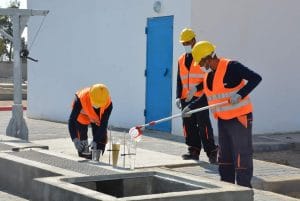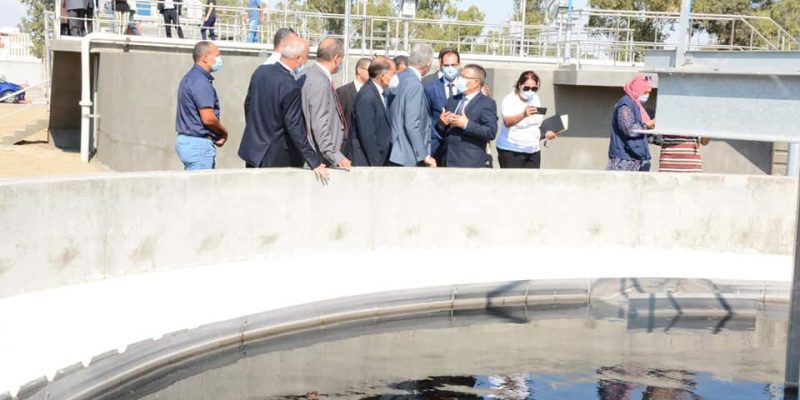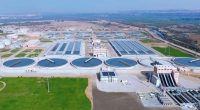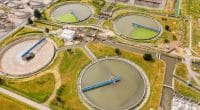Since September 30th, 2021, a plant has been handling the effluent of Sabikha, in the wilaya of Kairouan in Tunisia. The Office National de l'Assainissement (Onas) carried out the project with funding from the French Development Agency (AFD).
In Tunisia, wastewater management is improving thanks to a new plant. The treatment plant is located in Sabikha, in the wilaya of Kairouan. The Office National de l’Assainissement (Onas) has built the plant, which is capable of treating 1,200 m3 of effluent per day.

The Sabikha wastewater treatment plant is operational©Onas
Onas explains that the new plant provides tertiary treatment of wastewater Sabikha, through a special unit. The plant takes care of the wastewater of more than 9,000 people. The treated wastewater could be used for irrigation, animal husbandry, etc. Sectors strongly affected by the water stress faced by Tunisia and other North African countries. The phenomenon is caused by drought, which leads to overexploitation of groundwater.
The Tunisian government has financed the Sabikha water treatment plant with a loan of 12.1 million Tunisian dinars, more than 3.7 million euros. This project is part of the Fifth Program of Sanitation of Popular Neighborhoods (PNAQP5). The program funded by the French Development Agency (AFD) aims to promote and improve the living conditions of residents of popular neighborhoods, eradicate sources of disease and preserve the health of the citizen and protect the environment and groundwater from the dangers of pollution generated by the uncontrolled discharge of wastewater into the natural environment.
Read also – Reuse of treated wastewater: North Africa and SUEZ set an example
The PNAQP5 also plans to improve sanitation services in 200 popular neighborhoods spread throughout the Tunisian wilayas. The program also includes actions to strengthen the capacity of Onas, including the development of a framework plan for environmental and social management (PCGES), assistance to the environmental and social monitoring unit (CSES) of the activities of Onas, improving the monitoring system of treatment plants, Strengthening the capacity to manage and operate infrastructure, and contributing to the implementation of the partnership and cooperation agreement signed between the Siaap (Ile-de-France public sanitation service) and Onas in May 2013.
Inès Magoum








You must be logged in to post a comment.